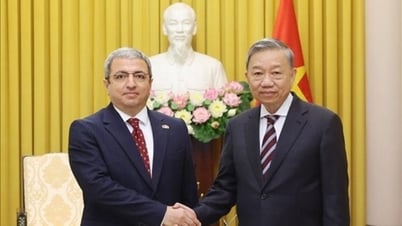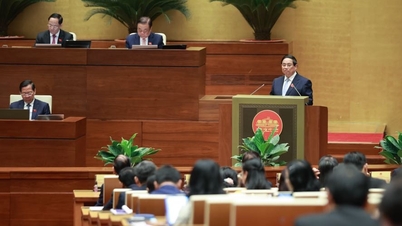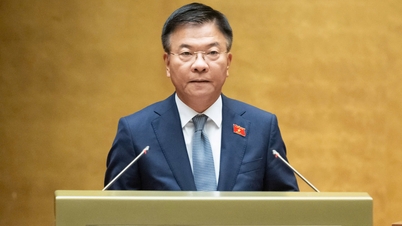 |
| India will soon benefit from passive investment flows. (Source: Getty) |
China received less than a quarter of the funds' support, about the same as Brazil.
That means the world's second-largest economy risks losing capital from some of the world's most powerful investors, with funds surveyed having a combined $25.9 trillion in assets.
Nearly three-quarters of funds said delays in investing in China were due to regulations, while a similar proportion cited geopolitical factors.
Economists expect a strong recovery in Beijing’s economy as authorities lift virus control measures in early 2023. However, the real estate crisis is more worrisome and economic growth is disappointing.
Mr. Craig Thorburn, Director of Future Fund, an Australian asset management fund, commented that the fund has reduced its investment in the country of a billion people, due to the country's increased management of market sectors and challenges to its economic growth model.
Large, long-term funds will not pull back on investments overnight, but may reduce new investments in China and focus more on emerging markets like India, said Nikhil Sanghani, managing director of OMFIF.
“India will soon benefit from more passive investment flows, as its government bonds will be added to JP Morgan’s emerging market bond index from June 2024, leading to more automatic reallocation of international cash flows into the country.
The Indian economy remains strong, making the country relatively more attractive to international capital flows," said Nikhil Sanghani.
Source




![[Photo] Vietnam and Sri Lanka sign cooperation agreements in many important fields](https://vphoto.vietnam.vn/thumb/1200x675/vietnam/resource/IMAGE/2025/5/5/9d5c9d2cb45e413c91a4b4067947b8c8)





























![[Photo] President Luong Cuong and Sri Lankan President Anura Kumara Dissanayaka visit President Ho Chi Minh relic site](https://vphoto.vietnam.vn/thumb/1200x675/vietnam/resource/IMAGE/2025/5/5/0ff75a6ffec545cf8f9538e2c1f7f87a)


































![[Photo] President Luong Cuong presided over the welcoming ceremony and held talks with Sri Lankan President Anura Kumara Dissanayaka](https://vphoto.vietnam.vn/thumb/402x226/vietnam/resource/IMAGE/2025/5/5/351b51d72a67458dbd73485caefb7dfb)
































Comment (0)